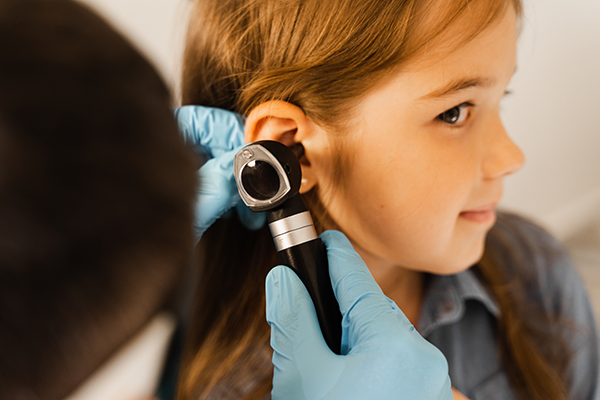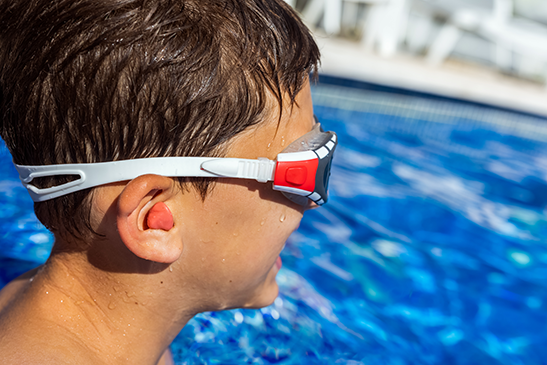Dr Chin’s Overview on How ENT Specialists Treat Children: A Parent’s Guide
Discover how ENT specialists treat children and what every parent should expect before and after treatment. Get informed with our latest blog post.
Kids often have ear, nose, and throat (ENT) problems. These can range from mild infections to serious issues needing surgery. Parents seek help when they see signs like ongoing ear pain, nasal congestion, snoring, speech delays, or frequent throat infections. A pediatric ENT doctor knows how to find and treat these problems through special care. ENT doctors are crucial for children’s health and growth. Issues like chronic ear infections, nasal congestion, and allergies can make it hard for kids to sleep, talk, and hear. This may lead to speech problems, poor school work, or behavior issues.
Common Conditions Treated by ENT Specialists
ENT specialists for children, also called pediatric otolaryngologists, treat a wide range of health issues.
- Ear infections that happen often or don’t go away easily
- Tonsillitis and repeated throat infections that may need a tonsillectomy
- Swollen or infected adenoids that affect breathing or cause frequent illness
- Hearing loss caused by fluid buildup or other medical conditions
- Sinus infections that last a long time or keep coming back
- Allergies that lead to constant nasal congestion or sinus trouble
- Sleep apnea and snoring, often caused by enlarged tonsils or adenoids
The Pediatric ENT Consultation Process
An ENT consultation for a child includes checking their medical history and doing a physical exam. Doctors also test their hearing. To find out what is wrong, they may use endoscopy, imaging scans, or allergy tests. The treatment can be different. It can include medications or surgery. Parents usually seek help when their child has ongoing ear pain, speech problems, or a stuffy nose. It is important to know when to see an ENT.
Surgical Procedures and Treatment Options
Some children may need minor surgeries to help with ongoing problems:
- Ear tubes can help toddlers with frequent fluid buildup in the ears
- Tonsillectomy or adenoidectomy may be needed for serious throat or breathing issues
- Swollen adenoids can be treated if they make it hard for a child to sleep or breathe
If surgery is needed, the ENT specialist will guide parents through the process, help them prepare their child, and explain what to expect before and after treatment.
What to Expect After Treatment
After surgery, caring for kids is very important. If your child has had ENT surgery, keep a close eye on them. This care helps with pain, checks how well they are healing, and prevents infections. Recovery usually involves resting a lot, handling pain effectively, and drinking enough fluids. ENT specialists will provide tips to support your child’s recovery and will also set up follow-up care for them.
Collaboration and Home Care
ENT problems usually need teamwork between pediatricians and ENT specialists. These doctors decide when and how they will consult each other. Parents often receive tips on how to manage ENT issues at home. They pay attention to ongoing care and ways to prevent problems. ENT specialists offer kind and effective treatments that suit each child’s needs.








